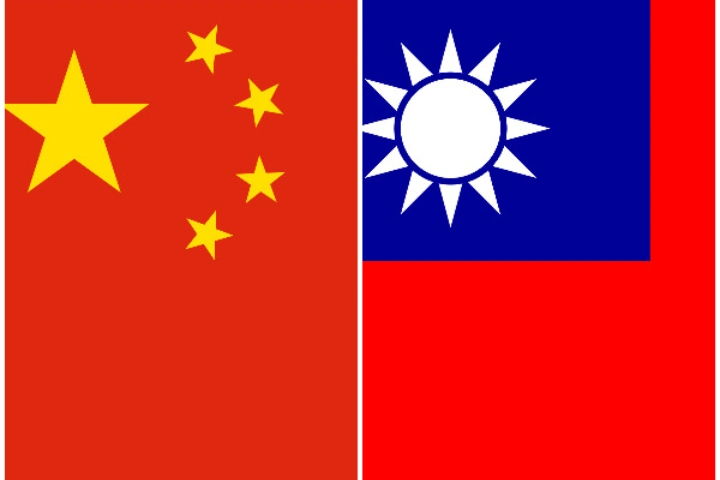

Representative Image
The Ministry of the Interior (MOI) of Taiwan issued a stern warning, cautioning against the formation of political entities under foreign influences. This advisory follows allegations that a Chinese entity attempted to recruit Taiwanese celebrities to establish a political party, Focus Taiwan reported.
Taiwanese have the right to form political parties but cannot accept instructions or funding from foreign forces to develop parties, as this would violate the National Security Act and the Anti-Infiltration Act, the MOI said in a statement.
The statement was prompted by social media posts made by Taiwanese singer R-chord on June 14 and actress Alexis Ho on June 15. These posts detailed efforts by Beijing Ciguang Film and Television Media Co, Ltd, a Chinese company, to recruit them via email for pro-China activities.
Screenshots of the emails revealed that the artists were invited to release a statement titled “Establish a new type of cross-strait relations” on their Facebook pages, after which they would be appointed as vice chairpersons of a purported “Taiwan Pro-Peace Party.” The correspondence also promised lucrative employment opportunities with an annual income exceeding NTD10 million (USD308,950), projecting recruitment of at least 1,000 founding members for the party, as reported by Focus Taiwan.
According to information sourced from the Chinese business inquiry platform “AiQicha,” Beijing Ciguang Film and Television Media Co, Ltd was founded in February 2023 with a registered capital of 90 million Chinese yuan (approximately USD12.4 million). The company’s declared business activities primarily involve film and television production, as well as organising cultural and artistic exchanges.
As of the latest update, the MOI’s political party information website does not list any entity named the “Taiwan Pro-Peace Party,” underscoring the lack of official recognition for such an organisation within Taiwan’s political framework.
Highlighting broader concerns, the MOI referenced previous instances where political parties in Taiwan were suspected of receiving directives and financial backing from the Chinese Communist Party (CCP). Notably, leaders or officials associated with the Republican Party and the Taiwan People’s Communist Party have faced allegations of promoting specific electoral candidates under CCP influence.
The National Security Act, under Article 2, explicitly prohibits individuals from engaging in activities that involve initiating, financing, manipulating, or developing organisations on behalf of foreign countries, including China, Hong Kong, Macau, or entities deemed hostile to Taiwan’s interests.
Similarly, Article 3 of the Anti-Infiltration Act prohibits individuals from making political contributions or donations linked to referendum activities if such actions are influenced, commissioned, or funded by sources associated with foreign infiltration, Focus Taiwan reported.
The Israel Defence Forces (IDF) on Tuesday claimed that it has killed Iran's senior-most military…
Amid escalating conflict between Iran and Israel, the Ministry of External Affairs (MEA) on Tuesday…
Amid the escalating tensions between Israel and Iran, Indian Embassy in Iran has asked all…
Ahead of the critical G7 Summit meeting in Canada, leaders of the forum have issued…
India's trade performance in May 2025 has shown strength and stability, despite uncertain global conditions,…
Amid escalating tensions between Israel and Iran, US President Donald Trump on Monday (local time)…